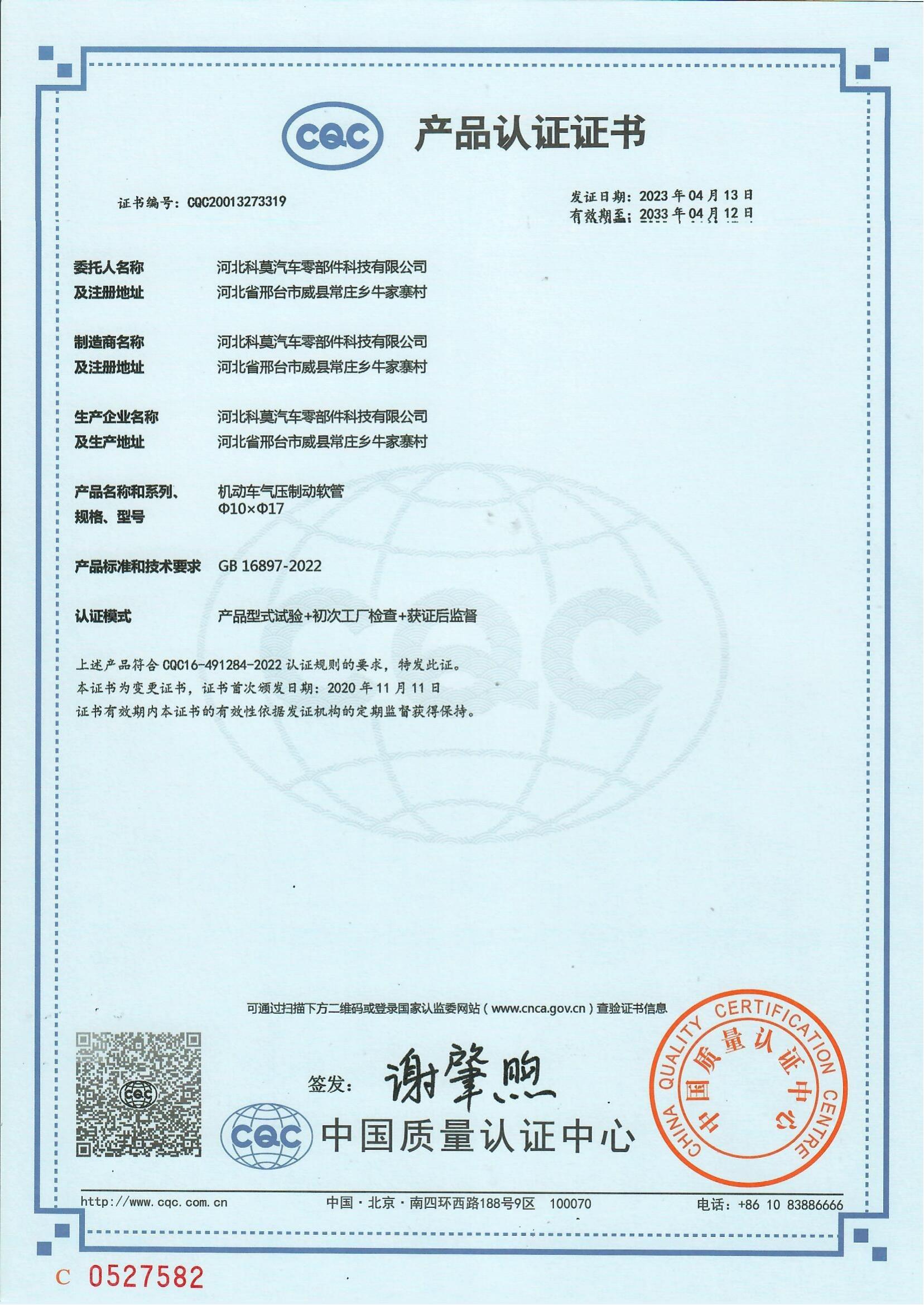Durable Heating Oil Hose for Efficient Fuel Transfer and Storage Solutions
Dec . 05, 2024 14:49 Back to list
Durable Heating Oil Hose for Efficient Fuel Transfer and Storage Solutions
Understanding Heating Oil Hose Essential Considerations for Safe and Efficient Heating
Heating oil is an essential fuel source for many homes and businesses. To ensure the safe and efficient transfer of heating oil, the selection and installation of the appropriate heating oil hose are critical. In this article, we will explore the important aspects of heating oil hoses, including their types, materials, and maintenance tips, to help you understand how to choose the right hose for your heating system.
Types of Heating Oil Hoses
When it comes to heating oil hoses, there are several types to consider, each designed for specific applications. The most common types include
1. Single-Stage Hoses These are typically used for gravity-fed systems. They are straightforward and cost-effective, making them a popular choice for residential heating oil delivery.
2. Double-Stage Hoses Designed for more complex systems that require additional pressure management, double-stage hoses are ideal for commercial settings where larger volumes of heating oil are needed.
3. Reinforced Hoses These hoses come with additional layers of reinforcement, making them more durable and resistant to kinking and cracking. They are essential for high-pressure applications.
Materials Used in Heating Oil Hoses
The material of a heating oil hose plays a significant role in its performance and longevity. Common materials include
- Rubber This is one of the most commonly used materials for heating oil hoses
. It offers flexibility and resistance to weather conditions, making it suitable for outdoor installations. However, rubber hoses may degrade over time when exposed to certain chemicals.- PVC (Polyvinyl Chloride) PVC hoses are lightweight and resistant to corrosion and chemicals, making them an excellent choice for residential applications. However, they may not withstand extreme temperatures as well as rubber hoses.
- Thermoplastic These hoses combine the advantages of rubber and PVC, providing flexibility and durability. They are often used in commercial installations due to their high performance in various temperature ranges and conditions.
heating oil hose

Key Considerations When Choosing a Heating Oil Hose
When selecting a heating oil hose, consider the following factors to ensure you make the right choice
1. Compatibility Ensure the hose material is compatible with the type of heating oil you are using. Different oils may react differently to certain materials, affecting the hose's performance and lifespan.
2. Length and Diameter Choose a hose that is long enough to reach from your heating oil tank to your heating system without excessive bends. The diameter of the hose should match the fittings to prevent leaks or flow restrictions.
3. Pressure Rating Check the pressure rating of the hose to ensure it can handle the specific requirements of your heating system. Hoses that are not rated for the correct pressure can lead to failures and safety issues.
4. Regulatory Compliance Ensure that the hose complies with local and national regulations regarding heating oil delivery and usage. Compliance with standards helps ensure safety and can prevent legal issues down the line.
Maintenance Tips for Heating Oil Hoses
To ensure the longevity and efficiency of your heating oil hoses, regular maintenance is crucial. Here are some tips
- Inspect Regularly Check for cracks, leaks, or any signs of wear. Any damage should be addressed immediately to prevent further issues.
- Keep Hoses Clean Dirt and debris can accumulate on hoses, potentially affecting performance. Clean hoses as needed to ensure proper function.
- Store Properly When not in use, store hoses in a cool, dry place away from direct sunlight and extreme temperatures to prevent degradation.
In conclusion, heating oil hoses are a vital component of any heating oil system. By understanding the types, materials, and maintenance needs of these hoses, you can ensure safe and efficient operation of your heating system, ultimately leading to a comfortable and warm environment in your space.
